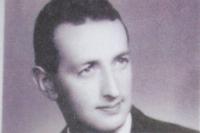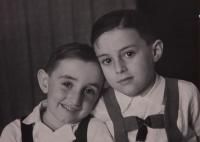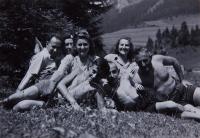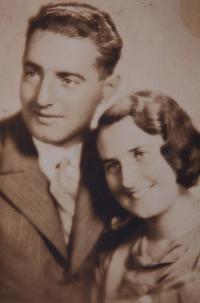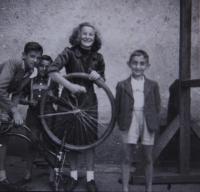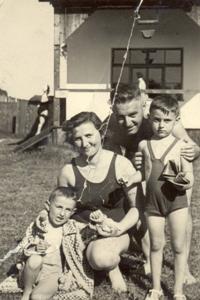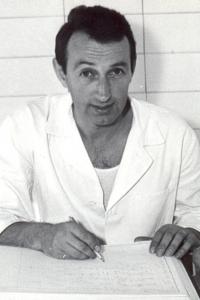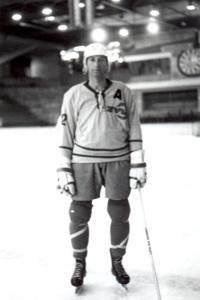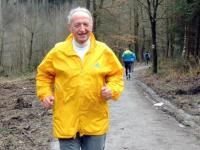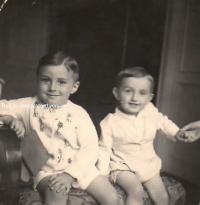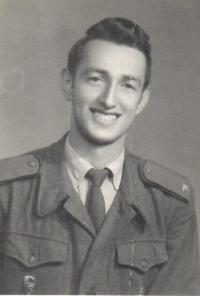Those two years cannot prevail eighty happy years

Download image
Ján Hanák was born on October 2, 1935 in Žilina, where he also attended elementary school. From September until Christmas of 1944, he and his brother kept hiding in Puklina near Žilina, in Bratislava and in Trnava orphanage. Then, between the end of 1944 to February and March of 1945, they both spent in a Sereď concentration camp. From there, a transport in cattle cars took them to Theresienstadt, where they lived to see the end of the War. After the War, they met with their parents in Žilina, who also survived the Holocaust. In the years 1947 to 1951, Ján studied at a middle school in Žilina, and later at the Secondary Vocational School of Electrical Engineering in Žilina and Rajec. In 1956, he graduated at a Higher Technical School of Mechanical Engineering in Kysucké Nové Mesto. He attended the military service as a member of the parachute unit in Prešov. In the years 1959 to 1965, he studied at the Faculty of Medicine of the Comenius University in Bratislava to become a surgeon, spending more than 20 years practicing in Žilina and Bytča. Finally, from 1987 until his retirement, he worked as an advisory doctor for the Social Insurance Company in Žilina. During his whole life, Ján Hanák was very active and versatile in sports.
